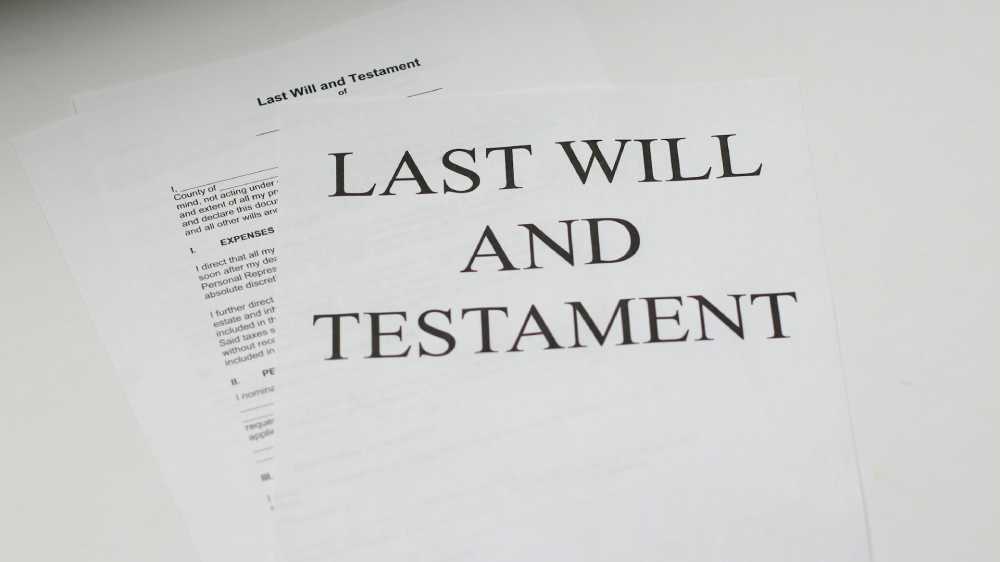Planning your estate is one of the most crucial steps to ensure your assets are managed according to your wishes after your death. Wills and trusts are pivotal to this process, providing clarity and direction for your loved ones.
Consulting an estate planning attorney Rockford can offer valuable insights and ensure a seamless process. With expert assistance, you can navigate the intricacies of estate planning and secure your legacy for future generations.
Contents
Why You Need a Will
A will is a legal document that outlines how you want your assets distributed after you pass away. Without a will, state laws will determine the distribution of your estate, which might not align with your wishes. Creating a will is essential for protecting your heirs and ensuring your wealth is allocated as you intend.
Additionally, a will allows you to appoint an executor responsible for managing your estate, paying debts, and ensuring your wishes are fulfilled.
The Importance of Trusts
Unlike wills, trusts provide a method for managing and distributing assets during one’s lifetime and posthumously. Trusts can help minimize estate taxes and avoid probate. For those interested in preserving wealth across generations, trusts offer a robust tool for keeping a family legacy intact.
Some emphasize the value of trust in financial planning. Trusts can also provide greater control over asset distribution, protecting beneficiaries from creditors and legal action.
Common Mistakes in Estate Planning
- Not updating your will and trusts regularly: Life changes such as marriages, divorces, births, and deaths necessitate updates to your estate planning documents.
- Failing to name a guardian for minor children: If you have young children, it’s imperative to appoint a guardian who will care for them in your absence.
- Overlooking digital assets such as online accounts and cryptocurrencies: With the increasing importance of digital assets, it’s crucial to include these in your estate plan for seamless access by your heirs.
These common mistakes can have significant repercussions, making it crucial to revisit your estate plan periodically. Ensuring your documents are up-to-date and comprehensive can prevent legal challenges and confusion among your loved ones.
Understanding the Probate Process
Probate is the judicial process through which a will is validated, and an estate is administered. Although probate can be time-consuming and costly, understanding its nuances can mitigate some of its complexities. During probate, the court supervises the distribution of assets, payment of debts, and settlement of disputes.
Probate laws vary by state, necessitating careful consideration and planning. By familiarizing yourself with the probate process, you can better prepare and simplify estate administration for your loved ones.
Tips for Avoiding Probate
- Establish joint property ownership: Jointly owned property passes directly to surviving owners, bypassing probate.
- Create payable-on-death (POD) accounts: POD accounts allow you to name beneficiaries who will receive the funds upon your death without probate.
- Set up a living trust: A living trust allows you to transfer assets to a trustee to be managed for your benefit during your lifetime and for your beneficiaries after your death, avoiding probate.
These strategies can simplify the transfer of assets, making it easier for your heirs to handle your estate. Proactively planning to avoid probate can save your loved ones time, money, and stress during an already difficult period.
When to Seek Professional Help
Given the complexities of estate law, enlisting the help of a professional can be invaluable. An experienced estate planning attorney can guide you through the intricacies of wills, trusts, and probate. They can ensure that your documents are legally sound and reflect your true intentions.
Professional guidance can also provide peace of mind, knowing that your estate plan is comprehensive and up-to-date. Working with an attorney can avoid common pitfalls and ensure your estate is managed according to your wishes.
Final Thoughts
Taking the time to plan your estate is a gift to your loved ones. Having a clear will and appropriate trust can provide peace of mind and security for those left behind. Thoughtful estate planning allows you to protect your assets, minimize taxes, and preserve your legacy for future generations.
Don’t wait until it’s too late – start the estate planning process today to safeguard your family’s future.



